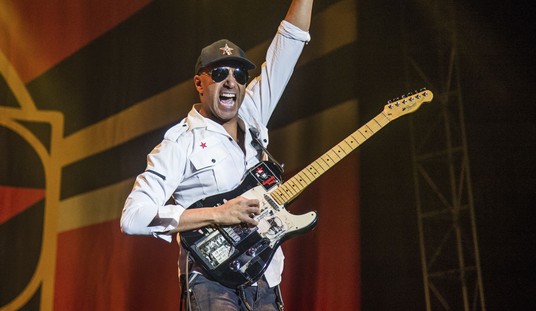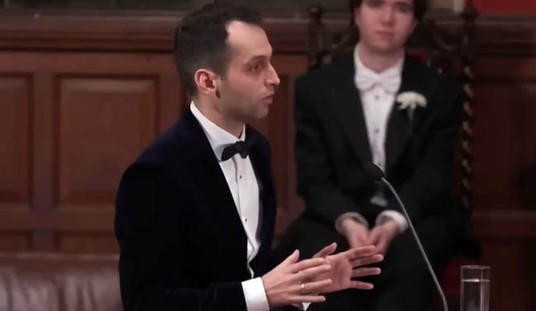Vladmir Putin’s United Russia party won a big victory Sunday in parliamentary elections. Reuters had teams of reporters covering voting sites across the country and found serious irregularities with vote counts as well as instances of repeat voters:
In the Bashkortostan region’s capital Ufa, in the foothills of the Urals, Reuters reporters counted 799 voters casting ballots at polling station number 284. When officials tallied the vote later in the day, they said the turnout was 1,689.
At polling station 591 in the Mordovia regional capital of Saransk, about 650 km south-east of Moscow, reporters counted 1,172 voters but officials recorded a turnout of 1,756.
A Reuters reporter obtained a temporary registration to vote at that station, and cast a ballot for a party other than the pro-Putin United Russia. During the count, officials recorded that not a single vote had been cast for that party.
Reuters said it had reporters working in teams and someone was on site counting every vote that was taken from the time polls opened until they closed. So where did those hundreds of extra votes come from? And why didn’t a vote for an alternate party get counted? Reuters’ reporters actually confronted election officials about the discrepancies:
At all three locations where Reuters found large discrepancies in turnout figures, United Russia was the overwhelming winner in the official count.
In Saransk, when asked about the gap between the turnout counted by Reuters reporters and the official figure at station 591, local election chief Irina Fedoseyeva said: “You’re also human, you can make mistakes too.”
When asked about why the reporter’s vote for a party other than United Russia did not register in the official count, she said the reporter could recount the vote himself if he didn’t believe the result.
So the sudden appearance of nearly 600 votes at station 591 (which is more than 50% of the actual vote total) is just a “mistake.” Unless of course it isn’t. The fact that Putin’s party was the big victor in these locations indicates the added votes probably weren’t added at random.
In addition to the phantom votes, Reuters witnessed people voting more than once. For instance a couple came in to a polling place, voted then returned an hour later and the husband was given a second ballot and allowed to vote again. The result of Sunday’s elections was a decisive win for Putin’s party. From Fox News:
The pro-Putin party ended up with three-quarters of the seats in the lower house, known as the Duma. The rest of the winners came from the so-called “systemic opposition,” meaning they are from nominally separate parties whose members nonetheless tend to vote for Putin’s proposals. No voices of vocal, deep opposition made it into the chamber. The result was that the Kremlin maintained its near total control of the country following an election deemed relatively fair.
Relatively fair, in this case, means better than the blatant fraud of the 2011 election. Putin is now positioned to run for a 4th term as President in 2018.









Join the conversation as a VIP Member